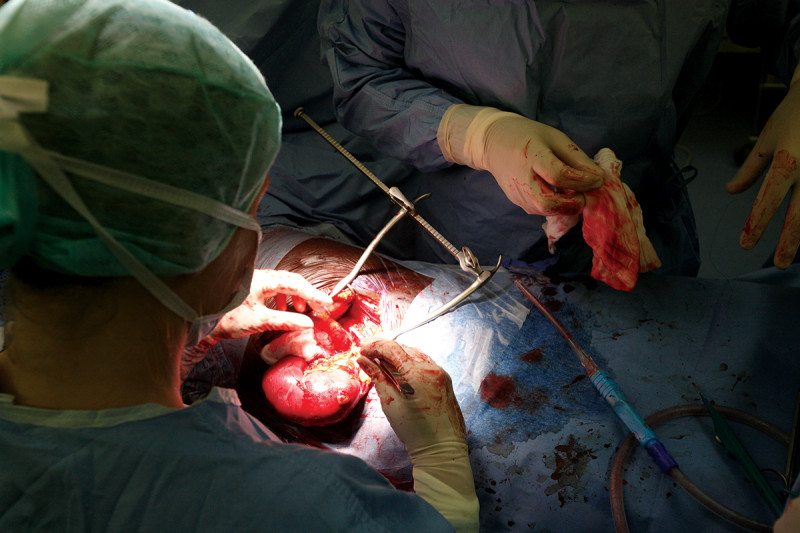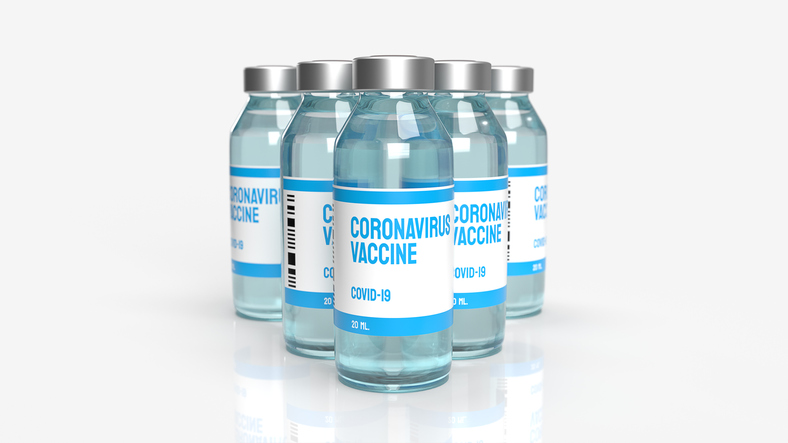“Scientists temporarily attached a pig’s kidney to a human body and watched it begin to work, a small step in the decades-long quest to one day use animal organs for life-saving transplants.
Pigs have been the most recent research focus to address the organ shortage, but among the hurdles: A sugar in pig cells, foreign to the human body, causes immediate organ rejection. The kidney for this experiment came from a gene-edited animal, engineered to eliminate that sugar and avoid an immune system attack.”
Read more here.








